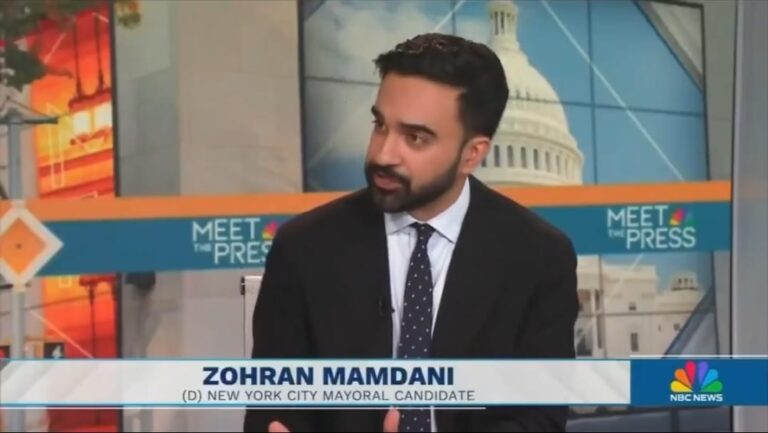This weeks דבר תורה is לזכות רפואה שלימה ל-אברהם בייניש בן גאלדה שפרינצה.
ולאה בת חנה
And לזכר נשמת ר’ אברהם בן שמחה זצ”ל
ר’ חיים בן ר’ צבי ארי-ה זצ”ל
ור’ יחיאל יהודה בן ר’ אברהם מרדכי הכהן זצ”ל
Towards the end of the parsha the Torah discusses the incident with the mekalel; the person who cursed Hashem. Such an atrocity had never happened before, so the Torah tells us you take him outside the camp and stone him. The parsha ends off ובני ישראל עשו כאשר צוה ה’ את משה, klal Yisroel did exactly as Hashem told Moshe. However, if you look a few pasukim earlier (pasuk 13) the pasuk says that Hashem spoke to Moshe and it detailed him exactly what to do to such a person……it seems this last pasuk in the parsha is redundant. What occurred that was so special that the Torah felt it worthy to tell us that the decree of Hashem was obeyed?
Rashi offers an explanation that the three actions one does to fulfill ‘stoning’ a person. First they push him off a cliff, secondly stone him and thirdly hang him. The Ramban writes that the reason the Torah repeated it was to tell us that klal Yisroel did not harbor one ounce of hatred towards the mekalel. The reason they stoned him was only to do the will of Hashem. There was no nekamah involved and it was not personal.
The Meshech Chochma offers another answer which is somewhat relevant for each one of us.
The pasuk of כאשר צוה ה’ את משה is not going on klal Yisroel, but rather referring to the Lechem HaPanim. The pasuk says, ויצא בן אשה ישראלית, and the son of a Jewish lady went out. Rashi asks from where he went out? Rashi offers numerous pshatim, one of which he says means לגלג-he made a mockery, made fun of the Lechem HaPanim. He reasoned ‘should a king eat bread that is a week old? He should only eat fresh bread!” He scorned the Lechem HaPanim. From this mockery, he led himself to curse Hashem. Says the Meshech Chochma, כאשר צוה ה’ את משה means that they did the mitzvah of Lechem HaPanim like Hashem commanded Moshe to do. They weren’t influenced by what this mekalel did and said. When a person sees or hears something, it makes a tremendous impact on them. The mind starts to wonder, maybe they’re right; they have a good point. However, here it’s such a chiddush that after all that klal Yisroel heard they were NOT affected. The Torah had to go out of its way to testify and praise the bnei Yisroel who weren’t affected by this laytzunis.
L’maaseh, why were they not affected?
A rebbi of mine offers an answer and says one of the tactics of the yetzer hara is the concept of ‘aveira goreres aveira’. The yetzer hara works slowly to get someone to distance themselves from Hashem and from his Torah. But klal Yisroel just witnessed firsthand the whole turn of events. They were able to connect the dots; they saw everything unfold before their own eyes and weren’t affected. Everyone is affected by what they hear and what they see. If one thinks that it’s not so by them, then take a look at this week’s parsha how the Torah went out of its way to testify that only by this specific maaseh, was klal Yisroel not affected.
To combat the yetzer hara one has to take small steps towards improving themselves. I know I mentioned this story before but I think it drives the point home and is worth repeating.
My Rosh Hayeshiva, Rav Chaim Zev Levitan Shlit“a, once told me that he was on the phone with his Rosh Hayeshiva, Reb Elya Svei zt”l, on erev Rosh Hashana and Reb Elya asked him ‘nu, what are you going to speak to your baal habatim about on yom tov?’ Rabbi Levitan answered ‘I have a few different ideas in mind; I’m not 100% sure yet on which nekudah I’m going to focus on’. Reb Elya answered him, ‘tell them “a bissel besser is oich besser”, a little better is also better. Combating the yetzer hara requires using his technique right back at him. Like Reb Elya says…a little better is also better; taking small steps in improving one’s self.
May we all be zoche to combat the yetzer hara through baby steps and bring ourselves closer to Hashem to prove to him we need the geulah b’karov.
A special Mazel Tov to Mr. & Mrs. Dave Schonblum and Mrs. & Mrs. Yosef Moskowitz each on the birth of a baby boy! May we continue to share in each others simchos and may the brissim be b’itoy u’vizmanoy.
א גוט שבת!
Vertluch.com is a site that was created to allow readers the opportunity to gain some insight and Divrei Torah on the weekly Parsha and other Torah topics. Whether speaking at a family Simcha, a friends Aufruf or at the Shabbos table Vertluch.com is sure to have a nice vort which will enhance the atmosphere and will ALWAYS have a meaningful and valuable lesson to learn from it . If you would like to subscribe to our weekly Dvar Torah Email List simply send an email to: [email protected]
If you would like to share a vort, have any suggestions on how to enhance this site or have any questions/comments on a particular vort…..please feel free to send an email to: [email protected]










